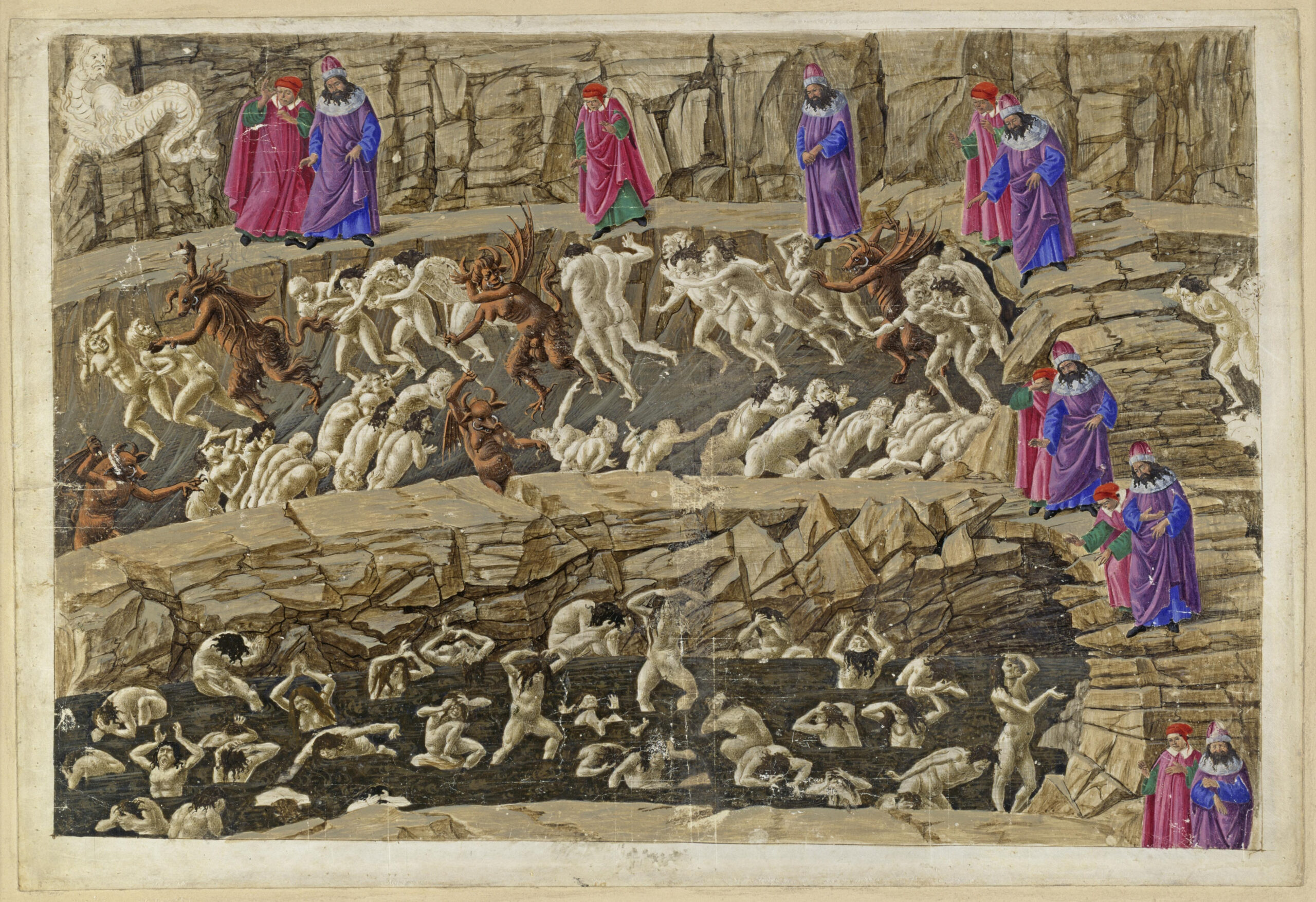God does not desire our souls to fall into spiritual danger. As a tender Father watches over His children, He is ever waiting for us to come and seek His assistance. Saint Peter of Alcantara, one of the greatest spiritual masters of the Church, here discusses how God sometimes uses temptations for the good of souls.
God Wants to Help Us Avoid Spiritual Danger
We are all naturally proud, ambitious, lovers of our own ways and sentiments and ever reputing ourselves to be more than we are. This self-esteem is so prejudicial and opposite to true spiritual progress that the very savor or contagious scent thereof, at whatsoever distance, is enough to blast all hope of perfection. This is the reason why our good God is so anxious to put us in a condition wherein we may avoid the danger and, as it were, perforce arrive at true knowledge of ourselves.
Humility Is a Shield Against Self-reliance
Thus He dealt with His Apostle St. Peter, permitting that he should deny Him, to the end that he might know himself, and by thus knowing, confide no longer in his own strength. Thus, He gave to the other great Apostle, St. Paul, that vexatious temptation of the flesh, that acknowledging his natural infirmity, he might humble himself and, as the said Apostle expresses it, not be puffed up by the multitude of revelations and heavenly favors he had received. And in like manner the divine goodness, compassionating our miseries and perverse inclinations, suffers many foul and abominable temptations to befall us, that we may become humble and sensible of our own nothingness, though at present we do not perceive the advantage. For the goodness and wisdom of God never appear more manifest than by converting to our advantage that which seems to us most detrimental, by procuring us true humility, which is that of which we have the greatest need.
The Effects of Humility
And so it ordinarily eventuates that he who finds in himself such wretched thoughts, such indevotions, such spiritual barrenness and drought, imputes all to the excess of his own imperfectness and concludes that he whose soul is encumbered and serves God with so much distraction and lukewarmness can of none but abandoned people and the scum of the world can furnish and entertain such thoughts as he experiences; for which reason, he who formerly thought himself somebody, by virtue of this medicine sent him from above, begins now to esteem himself the vilest creature in the world and altogether unworthy of the name of Christian; and this profound humility he would never have attained if those dreadful temptations and extraordinary tribulations had not, in a manner, compelled him to it.
Oh, what a wonderful favor of God is this toward souls whom He knows to stand in need of such cures! But besides this, there are many other advantages which accrue to the soul from such temptations and absence of devotion; for he who labors under this affliction is, as it were, constrained to have recourse to God and pursue virtue as the only remedy for his evil and, to avoid this martyrdom, gladly quits all occasion of sin and all appearance of imperfection; so that the tribulation which at first seemed to be so pernicious to him is now become a spur to prick him forward, to run with more fervor in the ways of God and fly more swiftly from whatsoever is displeasing to Him.
Suffering with Patience Bears Great Fruit
Finally, the pains and toils that a soul endures by these sterilities is an amorous purgatory, and if [they are] suffered with patience and humility, as hath been inculcated, they become a matter of great reward, earning a glorious crown in Heaven. All this have I deduced in general, that it may be understood how little reason we have to grieve and disturb ourselves at these indevotions and spiritual tepidities and to sacrifice to them our internal peace, as inexperienced persons are accustomed to do who attribute to the devil or to their own sins that which the hand of God hath sent, and take the marks of His love for marks of hatred and His divine favors and caresses for arguments of His forgetfulness or aversion to them; and they go on in these dispositions, thinking all is fruitless and lost which they have done and their perdition inevitable; whereas in truth, nothing at all is lost, but all proceeds from the great goodness and mindfulness of God toward us.
If they could be brought thoroughly to believe this, they would not disturb themselves, nor forfeit the peace and serenity of their minds for any tribulation or imagination or absence of devotion in prayer or other holy exercises whatsoever; but on the contrary, with new courage and perseverance, they would humble their souls before God, purposing by every means and under all circumstances to fulfill the divine will, be it in what manner soever He sees good to exercise them; and preserving themselves in perfect rest and tranquillity, as they do who accept whatever happens as coming from the hand of a most indulgent Father; and instead of repining or feeling any bitterness of heart, they would render Him every moment new, fervent and most affectionate thanks; and persevere doing thus until it becomes easy for them to perform it without the least loss of time or diminution of internal peace of mind.
ooo
This article is taken from a chapter in Treatise on Prayer and Meditation by St. Peter of Alcantara which is available from TAN Books.









